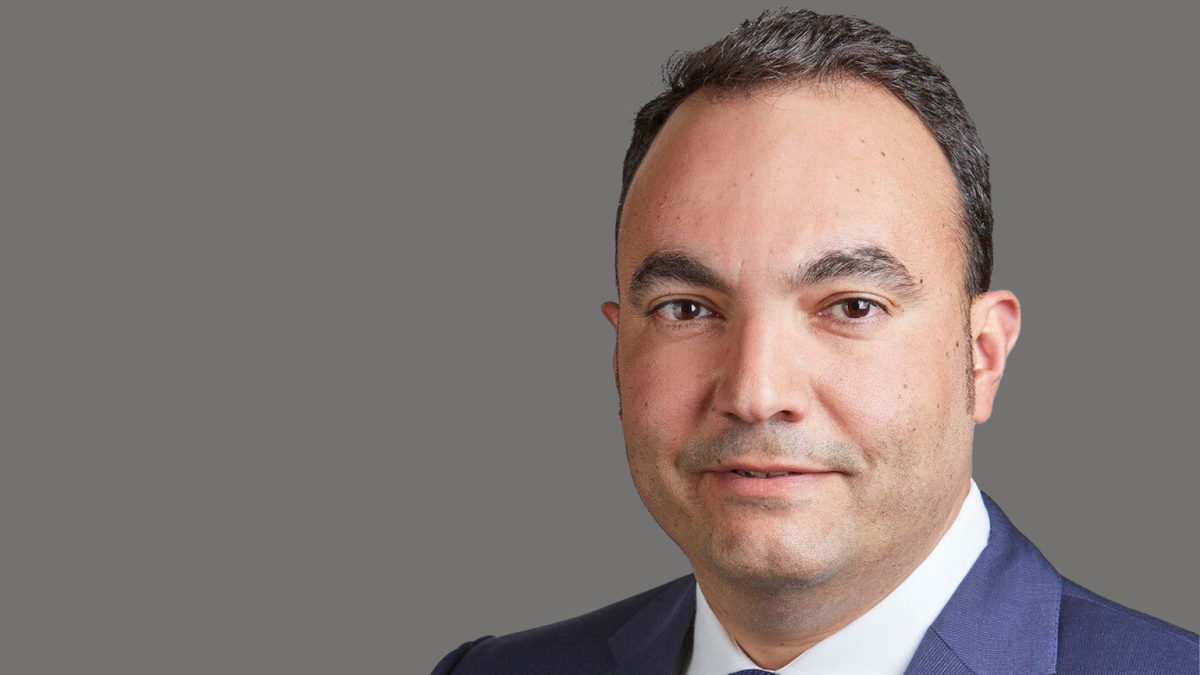Future Fund first in world rankings for governance
The Future Fund has come first out of the world’s 100 largest sovereign and public pension funds in the latest ranking by the Global SWF group on governance, sustainability and resilience.
It is the second year in a row that the Australian fund has been the only one to score positively in all of the 25 question points posed to the funds.
Diego López, the New York-based Global SWF founder and chief executive, said on publication of the report last week (July 1) that funds had demonstrated to have been less resilient than they should have been during covid-19. “Lots of them are swimming naked out there,” he said.
There continued to be “huge differences” across different mandates and regions, he said, but the funds from Oceania – mainly Future Fund and NZ Super – continued to lead the way.
He said governance, sustainability and resilience had a positive correlation with better financial performance among the biggest funds and “must be addressed promptly”.
The ‘GSR Scoreboard’ report shows the Future Fund with a score of 100, followed by three funds tied for second position – NZ Super, Norway’s NBIM and Canada’s CDPQ, which manages several pension funds – each on 96 points. Another three funds – Temasek of Singapore, Canada’s AIMCo, which manages 32 pension and endowment funds, and NPS, the South Korean public pension fund – tied for third position.
Of that top top-ranked group for GSR scores, NZ Super had the highest investment returns over the past five years with 9.5 per cent, compared with Future Fund’s 8.0 per cent. The best returns for that period for all funds covered were by Abu Dhabi’s Mubadala fund, averaging 9.8 per cent a year.
The researchers note that all calculations are in US dollars and not all financial reporting periods are the same, making returns comparisons difficult.
About the Future Fund, the report says: “Despite keeping a low profile when compared to some of its peers, the Australian federal investor is best in class when it comes to GSR issues. Along with a sound investment strategy, this commitment has historically yielded excellent results and allowed the fund to make money for the nation’s citizenry in both rising and falling markets.”
Of the 100 funds, most did well on governance scores, averaging 6.7 out of 10 and reasonably on sustainability, with 5.1 out of 10. However, the covid-19 crisis demonstrated that resilience was still an issue, with an average score of 2.45 out of 10.
The report says that many have “a lot of work to do when it comes to legitimacy, liquidity risk, discipline, spending control, strategic asset allocation, and crisis management. And the time to tackle all those issues is now.”
The report names and shames funds which have shown a deterioration in GSR performance. It says: “For example, the big three Middle Eastern funds seem to be getting worse at inspiring trust. ADIA lost two points over its increasingly opaque annual report, which no longer includes details on its relationship with the government or an organizational chart. KIA provides less and less clarity around its two funds and how liquidity is affecting them. And QIA has removed several important indicators from its website…
“Most funds with decreasing scores have issues with transparency (e.g., Malaysia’s KWAP and Russia’s RDIF have not published an annual report since 2018) or with liquidity and spending control (e.g., Canada’s OMERS remains underfunded, and Agaciro has stopped receiving contributions from the Rwandan diaspora).”
Interviewed by Global SWF for the report, Future Fund’s Will Hetherton, head of corporate affairs and employee number five at the organisation, says the fund’s staff level of about 200, which the researchers describe as “fairly slim”, is expected to increase “towards 350 in the next while, partly shifting from using contractors to bringing those roles in house and partly to adapt to the investment environment we see ahead This growth is a result of our business strategy and intent to sustain the success we have had into the future.”
He says: The organization today is different to what it was 15 years ago but at its core it has the same purpose and culture. We had a blank sheet of paper and we have done the best we could to take advantage of that great starting position.”
Future Fund is implementing a new three-year business strategy, he says, which focuses on four distinct elements:
. Refreshing the investment model, to respond to the shifts in the investment environment
. Maturing the organisation, building resilience and efficiency as we continue to grow
. Preserving the fund’s legacy, taking the best of its culture and evolving that for the future, and
. Expanding its voice and building its networks in order to firm up its position with stakeholders and as a global institutional investor.
Methodology: The scorecard raises 25 questions: 10 related to Governance, Transparency and Accountability; 10 concerning Sustainability and Responsible Investing; and five on Resilience and Legitimacy. These questions are answered binarily (Yes / No) with equal weight and the results are converted into a percentage scale for each of the funds. The study is applied to 100 major SOIs (state-owned investors), generating 2,500 data points.











